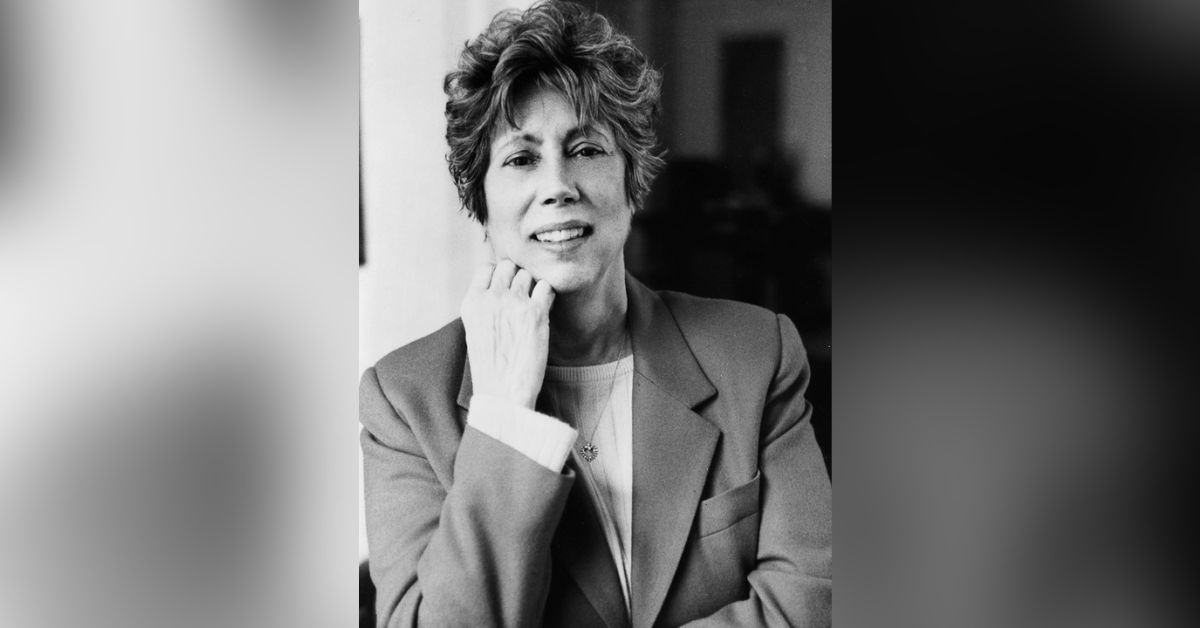Marion Meade, whose 1988 biography of Algonquin Round Table member and famed writer Dorothy Parker helped resurrect Parker’s reputation, passed away on December 29 at her Manhattan home. At 88, she was a senior citizen.
Marion Meade Cause of Death
As Per Nytimes, Ashley Sprague, her granddaughter, told me she had died. According to her, Ms. Meade was just diagnosed with Covid-19, but its root cause remains unknown… Ms. Meade’s biography, “Dorothy Parker: What Fresh Hell Is This?” provided an in-depth look at the exciting but challenging life of a significant character in the 1920s and 1930s literary scene.

Check Out the cause of death of some other celebrities-
At age 24, Mrs. Parker became the drama critic for Vanity Fair magazine. She is credited with saying, “Men seldom make passes at girls who wear glasses” and “You can lead a horticulture but you can’t make her think.” She was a founding member of the round table at the Algonquin Hotel in Midtown Manhattan, where authors Robert Benchley and Alexander Woollcott and critics like herself shared witty commentary.
However, she was an alcoholic and a depressive who was married three times (with one divorce) to Alan Campbell, a screenwriter. She made two separate attempts at ending her own life. According to Ms. Meade, Mrs. Parker “panicked and swallowed a bottle of shoe polish” and was hospitalized in 1930 because she failed to complete a novel she had promised her editor at Viking.
Mrs. Parker died in 1967, having offered her epitaph: “Excuse my dust.”
After writing about Eleanor of Aquitaine, who ruled England and France in the 12th century, Ms. Meade wrote about someone else. Edna St. Vincent Millay, a famous poet, was first the subject of her attention, but she soon discovered that another author was also penning a woman’s biography. Focusing instead on Mrs. Parker, she praised her as “one of the funniest ladies of the 20th century, whose wit and good judgment never fail to entertain me” in an essay published decades later in Contemporary Authors.
“Now and then, readers will tell me, ‘Oh, she had such a sad life,'” she said. Despite her struggles with drinking and melancholy, she maintained that these “did not prevent her from being tremendously successful, the multitalented author of verse, stories, plays, movie scripts, and criticism.”